The United Kingdom-based charity organization Oxfam International announced the success of its blockchain-based delivery system of microinsurance to paddy field farmers in Sri Lanka.
In a Nov. 4 press release, Etherisc announced that Oxfam’s blockchain-based insurance system had made pay-outs to Sri Lankan farmers who continue to risk losing their crops due to extreme weather events. Blockchain reduces costs and increases pay-outs Oxfam in Sri Lanka, together with its partners Etherisc and Aon plc, will now continue to seek solutions to some of the challenges that will present themselves as the new cropping season starts in the month of November. In the past, issues such as lack of affordable and reliable insurance products, a lack of understanding about how insurance would help a farmer survive, and when and how a claim would be paid, have always acted as major barriers that prevented farmers from utilizing insurance. However, the use of blockchain technology can transform and simplify the insurance claims process, which results in reduced administration costs and a higher percentage of premiums being used for fully trusted pay-outs. Chief inclusive officer at Etherisc Michiel Berende said: “We are proud to have real-world, on-the-ground success from a blockchain solution for microinsurance [...] We are delighted with the first phase results and we are excited to drive on and help more farmers.” Oxfam continues to use stablecoins to distribute aid In June, Oxfam partnered with Australian tech startup Sempo and blockchain company ConsenSys to test stablecoin Dai’s (DAI) suitability for aid in regions suffering from natural disasters. With the support of the Australian government, a philanthropic initiative was launched and dubbed UnBlocked Cash. Oxfam and Sempo reportedly chose the world’s most natural disaster-prone country, Vanuatu, to test the system. In September, Oxfam initiated the pilot program’s second phase to further distribute disaster relief. Joshua Hallwright, Oxfam Australia’s humanitarian lead, told Cointelegraph in June that it was “highly likely that Oxfam will use stablecoins or other distributed ledger technologies to provide cash aid in disaster responses in the future, either in Vanuatu or elsewhere.” Source - https://cointelegraph.com
ScaleAgData Stakeholder Engagement Event
22.10.2024The ScaleAgData project is pleased to invite you to our second stakeholder event. Building on the discussions and connections formed during our first webinar, this event will focus on fostering collaboration among stakeholders, providing updates on our project’s progress, and outlining future opportunities for engagement.
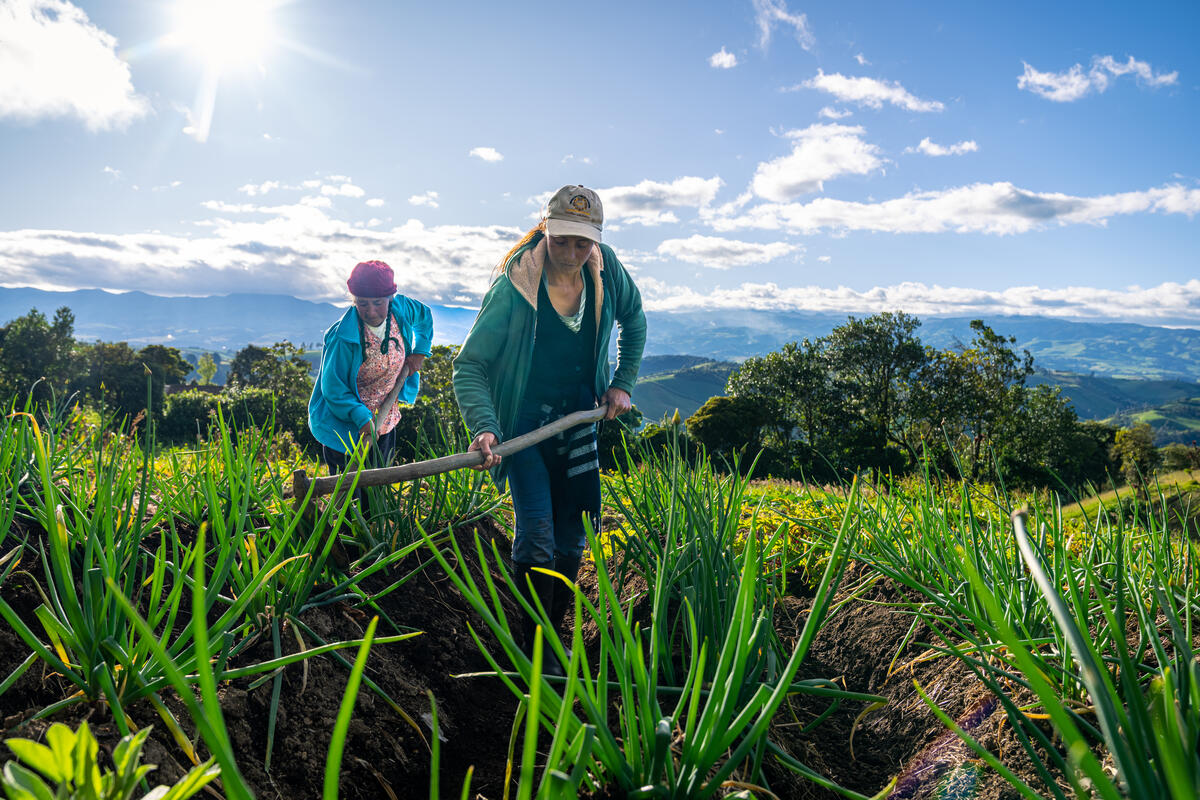
Joint Partnership Brings Parametric Cover for Ecuador Agri Risks
Ecuador has contracted its first parametric agricultural insurance policies, benefitting up to 10,000 people in smallholder rice and maize farming households against extreme rainfall and drought-risk.
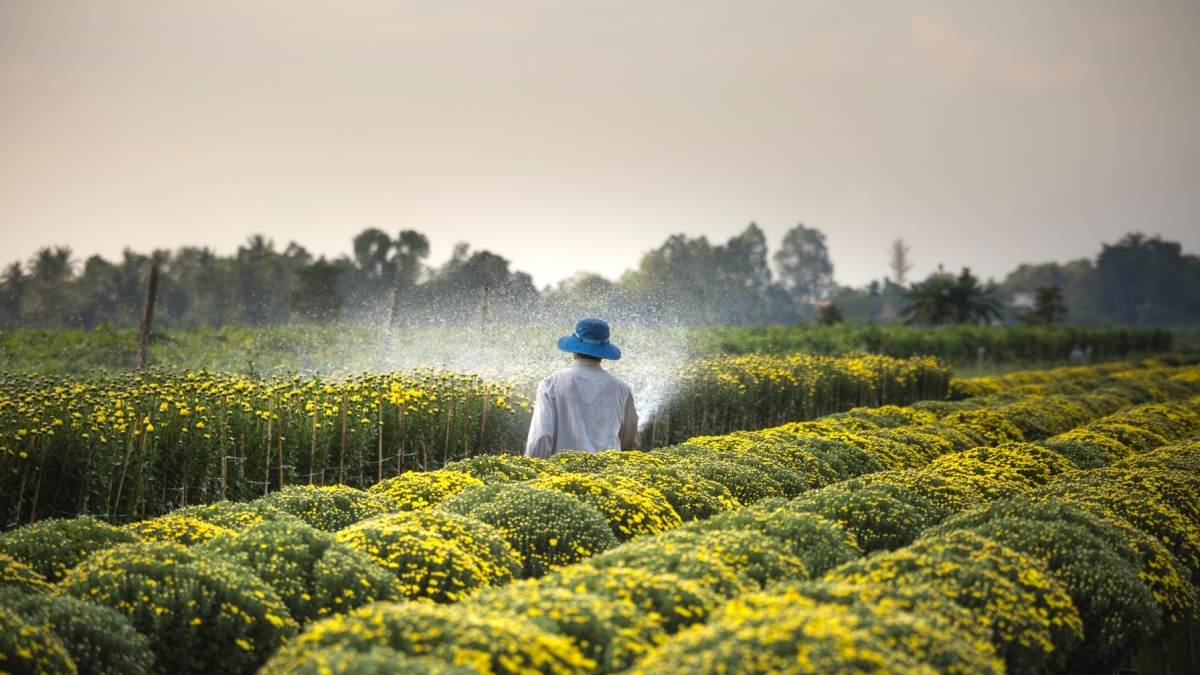
South Korean farmers sue utility giant KEPCO over climate damage to crops
As harvest season approached last November, farmer Ma Yong-un walked through his apple orchard in southern South Korea with a growing sense of dread.
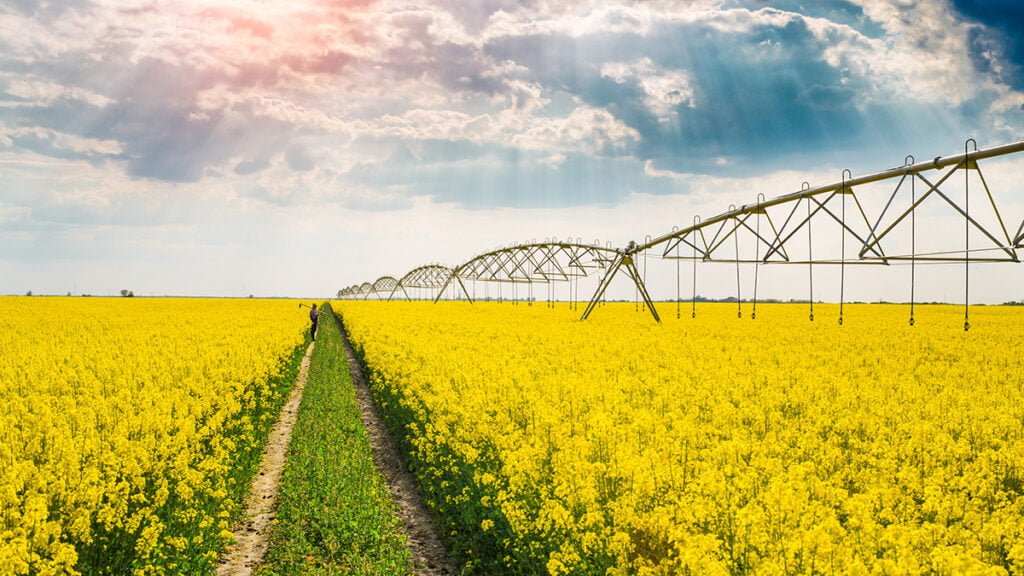
Australia - CSIRO unveils new tool to help farmers measure environmental footprint
Farmers across Australia will be able to use FarmPrint to evaluate and communicate the environmental footprint of their agricultural production.
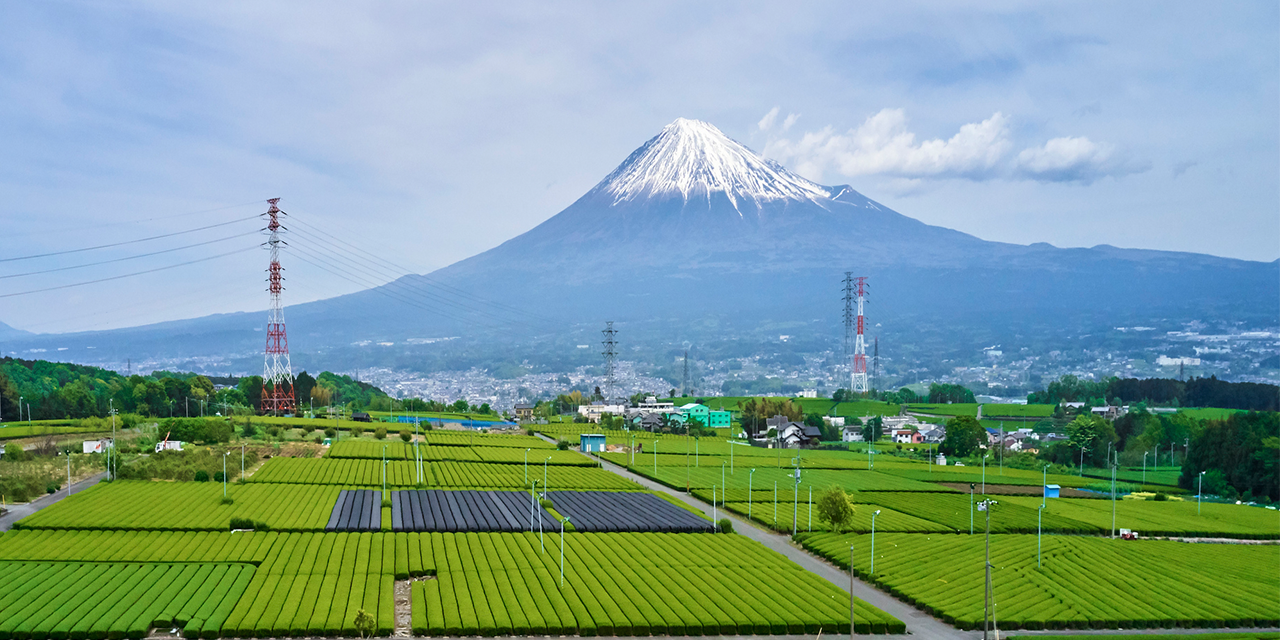
How Japan is using tech and partnerships to protect its agriculture
As climate change accelerates and brings more frequent natural disasters and rising temperatures, agriculture worldwide is entering a period of profound transformation.
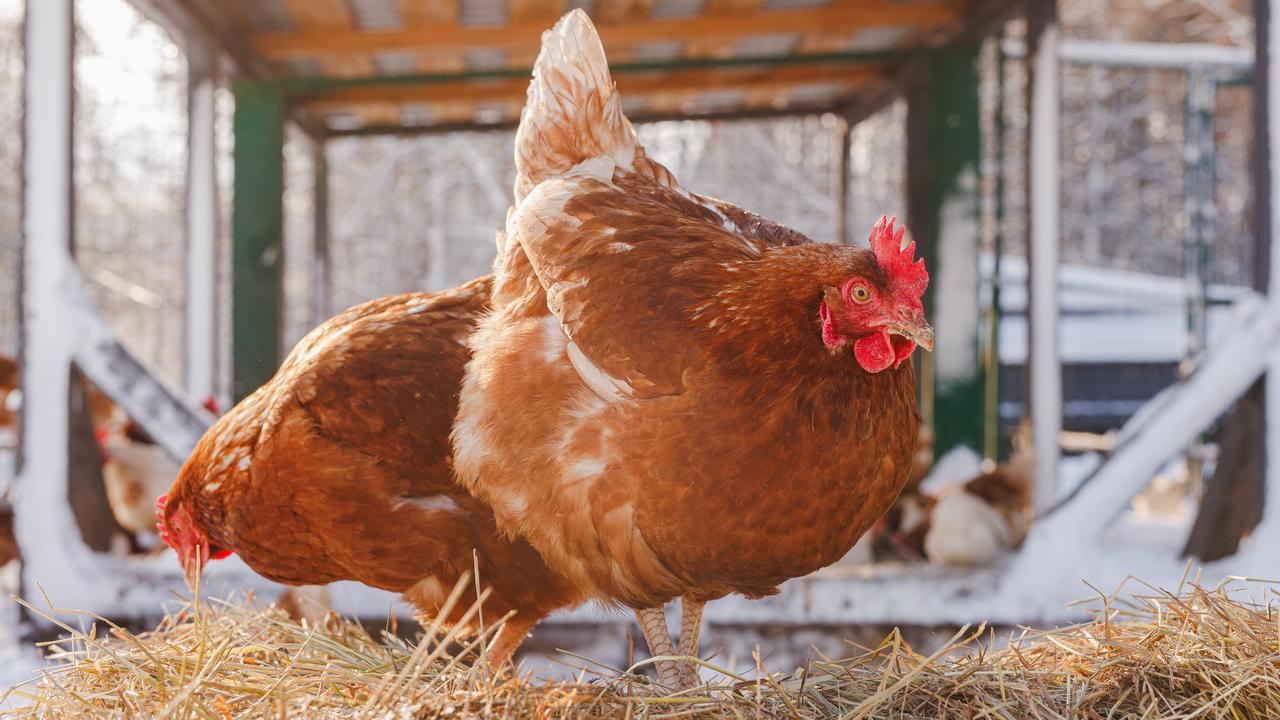
UK - Row breaks out over ‘disastrous’ chicken welfare plan
A charity official has claimed food industry plans to launch a new Sustainable Chicken Forum (SCF) are “disastrous” for animal welfare.
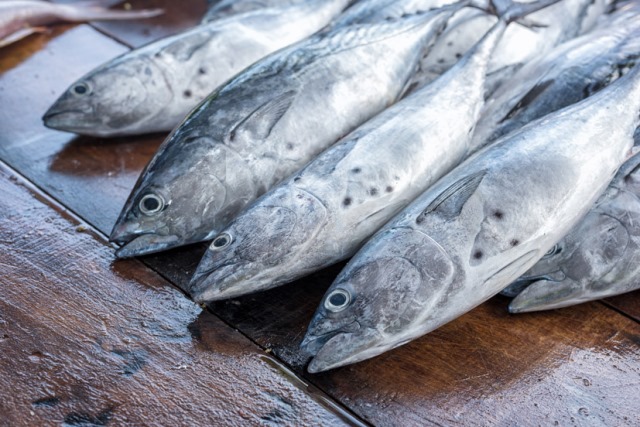
Ghana - COA targets US$10m in investments for blue food sector through innovation hub
The Chamber of Aquaculture (COA) Ghana says it is targeting about $10million in investments for businesses in the blue food sector through the establishment of it Blue food innovation hub in ten years.
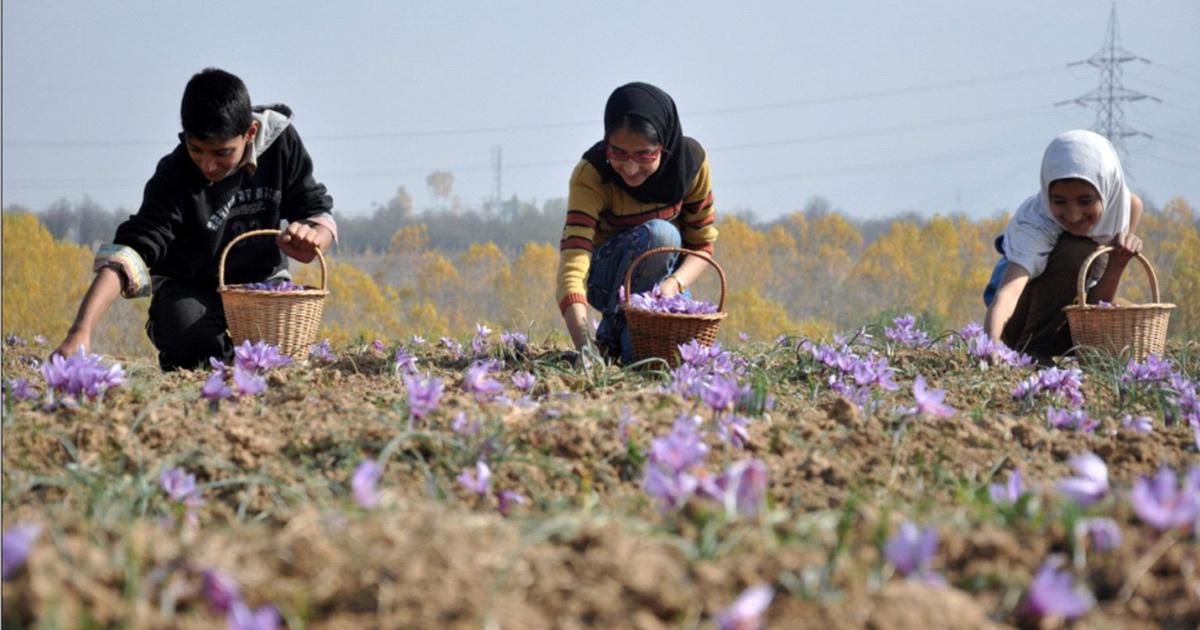
India - Govt identifies L1 insurers for Restructured Weather Crop Insurance Scheme in J&K
Under the scheme, apple and saffron crops in Kashmir division and mango, litchi and saffron (Kishtwar only) in Jammu division will be covered under a weather-indexed model.

India - Satellite images used to detect ₹217 crore irregularity in crop insurance claims
The probe, conducted in the second week of February, was prompted by an unusual surge in insurance applications for banana crops.




